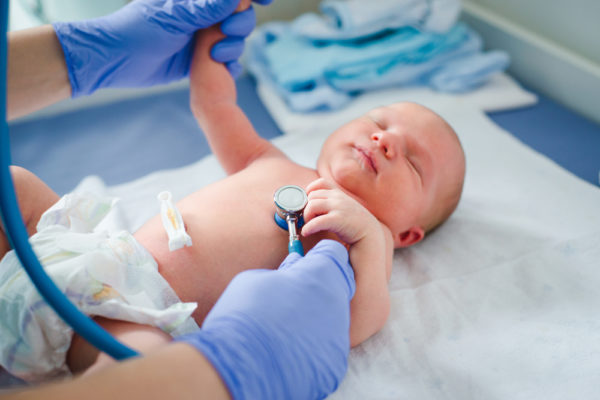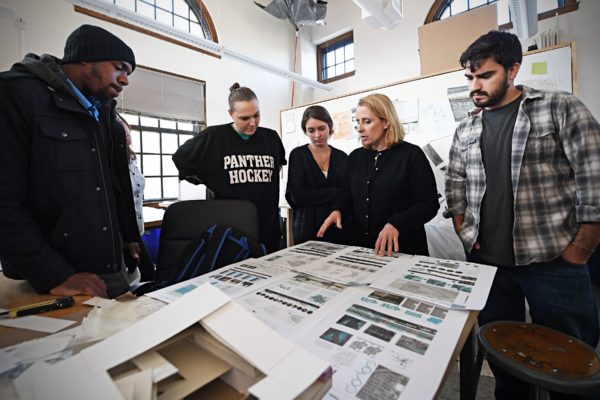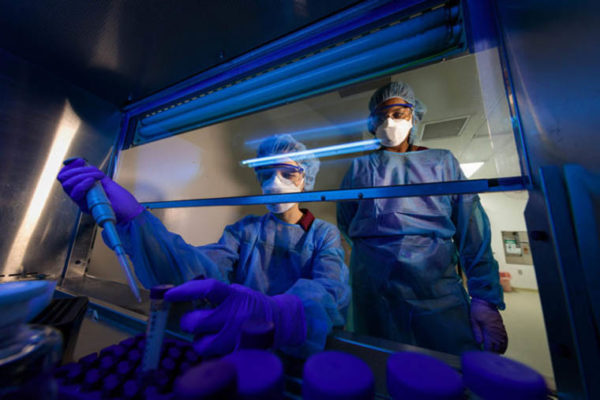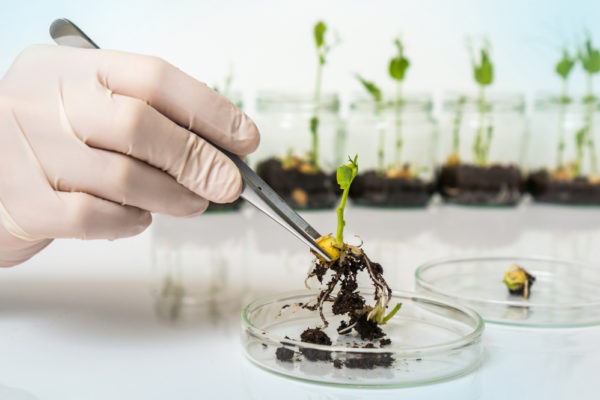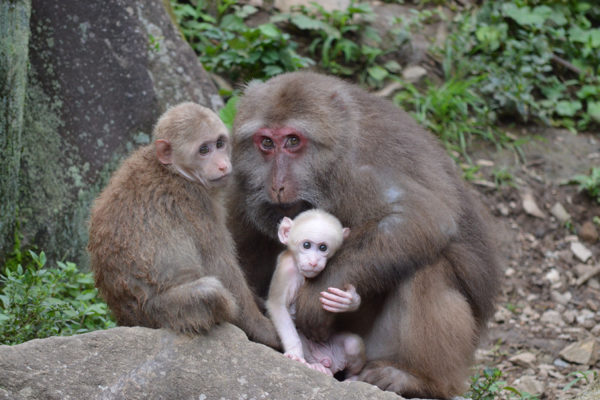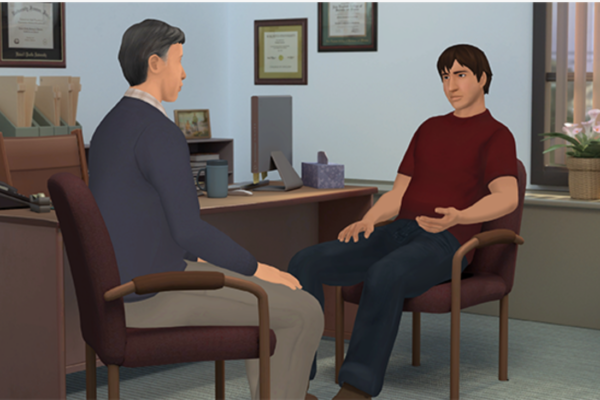Washington University partners in five-year $11.6 million NIH grant to study retail tobacco policies across U.S.
Researchers from Washington University in St. Louis, along with University of North Carolina at Chapel Hill and Stanford University, are recipients of a five-year $11.6 million National Institutes of Health multi-institutional grant, Advancing Science & Practice in the Retail Environment (ASPiRE).
Federal dollar allocations to states result in lower infant mortality rates
Increases in federal transfers, money that the federal government sends to states to improve the well being of citizens, are strongly associated with a decrease in infant mortality rates, finds a new study from the Brown School at Washington University in St. Louis.
Bear beginnings: a student’s quest to be the university mascot
Being the Washington University Bear mascot is hard work, especially on a Division III campus where sports take second place to studying. But three new bears will be making their debut this season, including exchange student Priyanka Deodhar. “Being a mascot is the most American thing I can think of,” said Deodhar, who arrived this semester from France. The mascot will perform at the Bears football game at 1 p.m. Saturday, Sept. 22.
The Divided City 2022 wins $1 million grant
Over the past four years, The Divided City, an urban humanities initiative at Washington University in St. Louis, has supported dozens of projects exploring the effects of spatial segregation. This fall, the university will launch a second phase, The Divided City 2022, thanks to a $1 million grant from The Andrew W. Mellon Foundation.
Why some TB bacteria prove deadly
Researchers at the School of Medicine have found that the same mutation that gives tuberculosis bacteria drug resistance also elicits a weaker immune response. The findings are published in Nature Microbiology.
Research confronts ‘yucky’ attitudes about genetically engineered foods
The question of what constitutes “naturalness” — and consumers’ attitudes about it — lies at the heart of Washington University in St. Louis research from lead author Sydney Scott, assistant professor of marketing in the Olin Business School.
The complicated social life of primates
Anyone who peruses relationship settings on social media knows that our interactions with other humans can be complicated, but a new study in Nature Scientific Reports suggests that researchers may be overlooking some of these same complexities in the social relations of our closest primate relatives, such as chimpanzees and macaques.
Leadership changes on horizon for alumni and development
On the heels of the highly successful conclusion of Washington University in St. Louis’ $3.3-billion Leading Together capital campaign, the university has announced administrative changes in the organizational leadership of its alumni and development team.
Kognito helps faculty, staff discuss mental health concerns with students
The signs of stress, anxiety or depression in a student may be easy to spot. The hard part is knowing what to do next.
Kognito At-Risk for Faculty & Staff, an online simulation tool, will help Washington University in St. Louis faculty and staff lead effective discussions with struggling students.
Waffle House Index teaches how to weather storm with breakfast food
The Waffle House index refers to a clue into the level of devastation wrought by a natural disaster — disasters like Hurricane Florence, which made landfall at Wrightsville Beach, N.C., early Sept. 14. Panos Kouvelis, director of the Boeing Center for Supply Chain Innovation at Olin Business School, has taught it for years.
View More Stories

